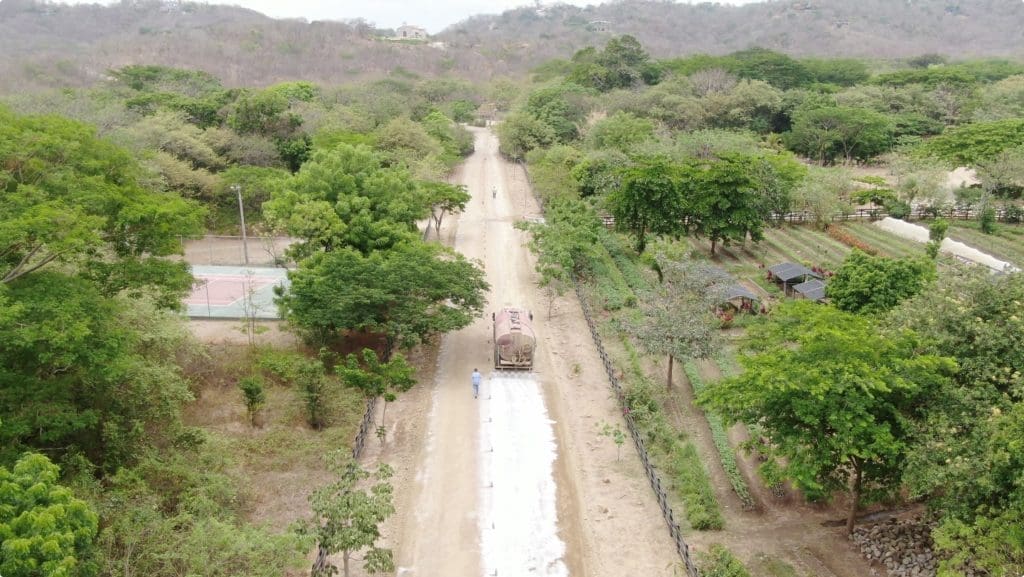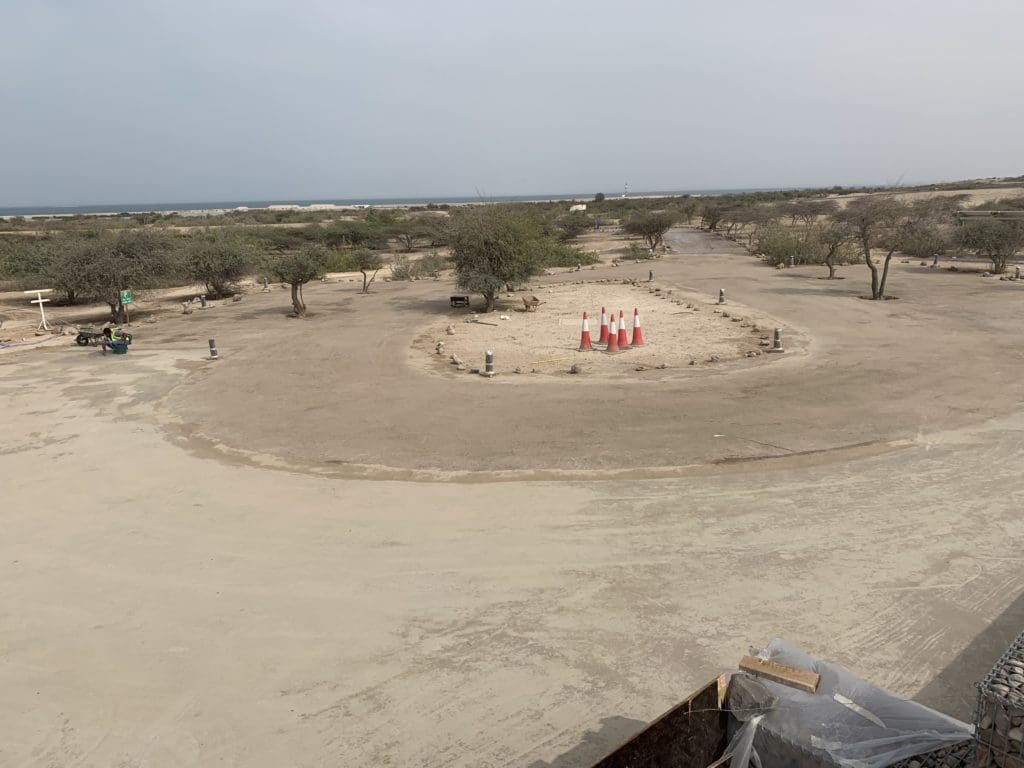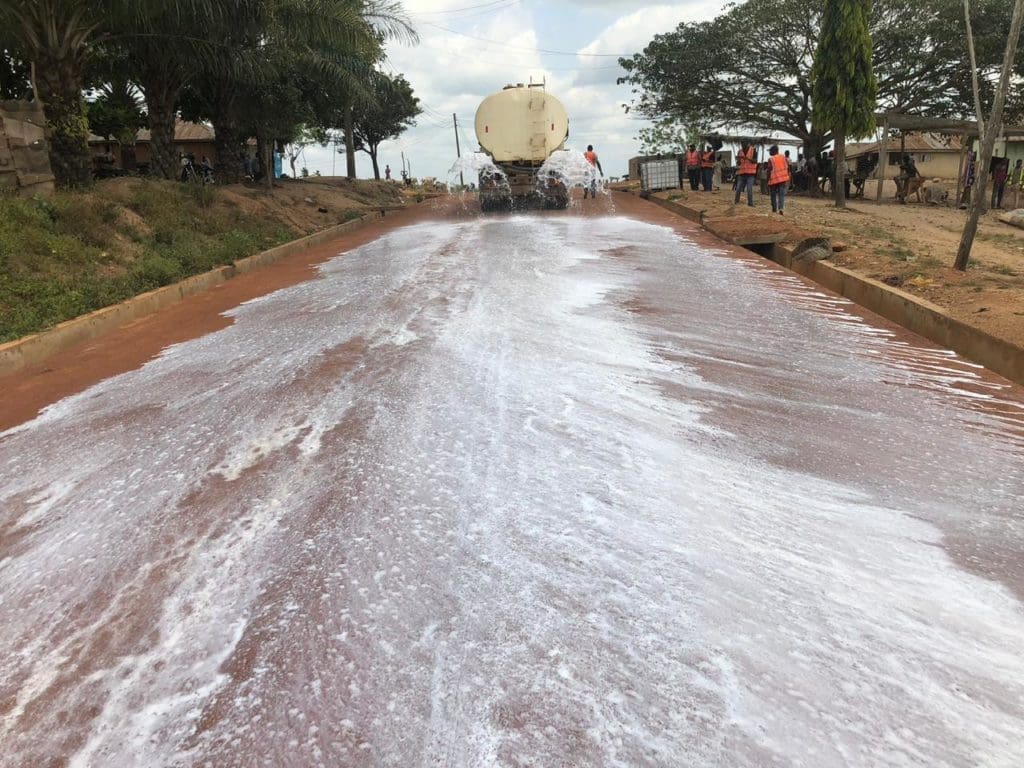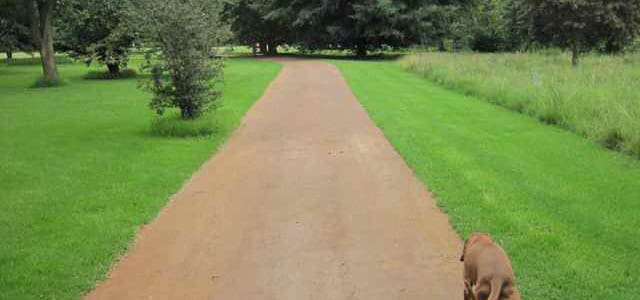Article Source. UNOPS, https://www.unops.org/news-and-stories/stories/roads-to-food-security-in-south-sudan ” ROADS TO FOOD SECURITY IN SOUTH SUDAN
A road is more than just a way for getting from one place to another – for some communities in South Sudan, it’s a lifeline to markets, food and basic services.
Years of violent conflict, population displacement and trade disruption have resulted in extreme levels of food insecurity in South Sudan. Nearly 7 million people – 60 per cent of the population – struggle to get enough food to meet their daily needs.
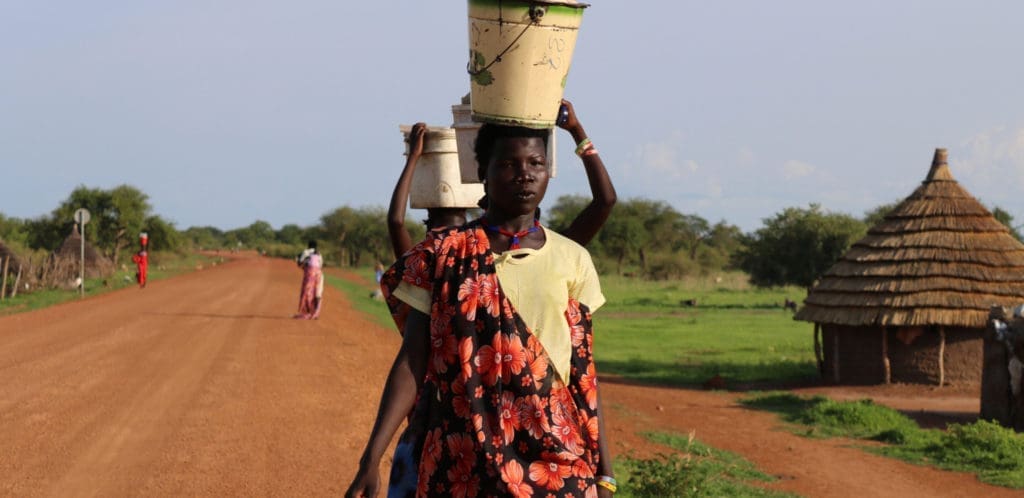
Progressing beyond subsistence farming is difficult – for much of the year, farmers aren’t able to access markets or even move far outside their communities. Roads are washed out during the rainy season while dry weather makes travel on poor quality roads slow and expensive.
To improve food security, as well as to support trade and market development, UNOPS constructed feeder roads – secondary roads designed to funnel traffic to major roads – using €44 million in funding from the European Union (EU).
“The EU is committed to help in making sure feeder roads connect to main roads. This will improve security and allow goods and services to reach all parts of the country,” says Christian Bader, Ambassador of the European Union to South Sudan.
As part of the project, more than 170 kilometres of feeder roads in Warrap State, Lakes State, Northern Bahr el Ghazal State and Western Bahr el Ghazal State were constructed and four markets were built.
Now the roads can be used all year round – and farmers can get their goods to markets regardless of the weather.
WIDE–RANGING BENEFITS
For Abuk Deng Alue, a farmer from Mayom Angok, the feeder roads make it easier for her to sell her surplus produce – and earn money to buy other goods.
“We came from the other side of the river purposely to sell okra and pumpkin leaves here in the market,” says Abuk. “There are many customers buying our farm produce because of the road – I have sold a bunch of okra to many buyers which was not the case before.”
The market in Ayien Amoul is also receiving more visitors, who are looking to buy groundnuts, fish and other local agricultural products. But it’s not just local markets that are thriving – local businesses are also seeing the benefits of the feeder roads.


“My small local restaurant is now expanding because I’m getting new customers every market day,” says Angong Deng Tor, a local restaurant owner in Ayien Amoul.
The feeder roads have not only improved access to markets but have also improved access to other services.
Built using road construction materials mostly sourced from local communities, the new feeder roads have also increased a sense of security in the area.
“The road has also improved security in the area as many people can travel late hours on the road, which was not possible before,” says Simon Garang Dengand, Paramount Chief of Marial Bai County.
To ensure the benefits of the feeder roads are felt far into the future, UNOPS is also training South Sudanese state engineers so that they will be prepared to take over the maintenance of the feeder roads.
“UNOPS works alongside communities and institutions to ensure the transfer of skills and knowledge needed to sustainably maintain this infrastructure,” says Peter Mutoredzanwa, UNOPS Country Director and Representative in South Sudan.
Members of the community from local villages worked on the roads together. This gave young people, in particular, the opportunity to learn the skills needed to work as drivers, construction equipment operators, masons and surveyors.
“I wanted to be an engineer to help my people in South Sudan,” says Deng Tong Ngor, a civil engineer who learned design skills working on the project. “Now I can go implement what I have learned in other places, and I can do high-quality work.”
LOGIN / REGISTER
![]()
Stay Connected







